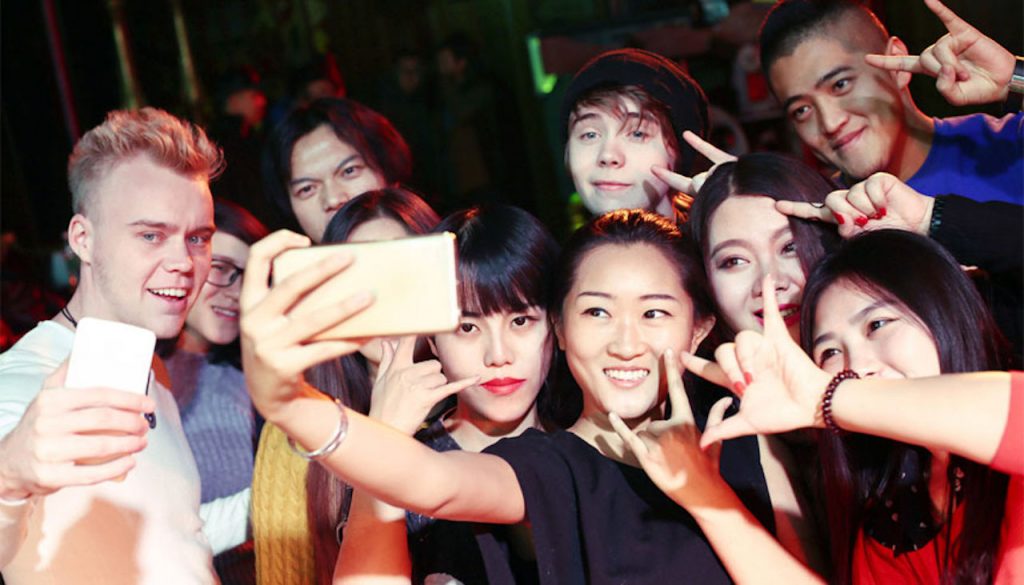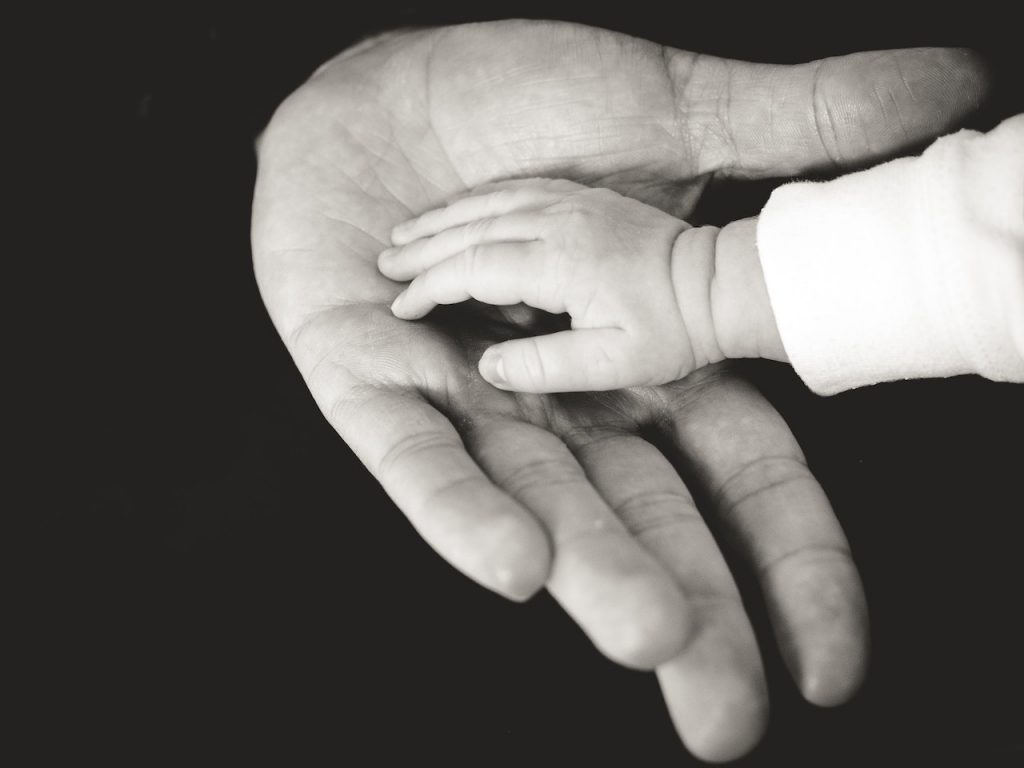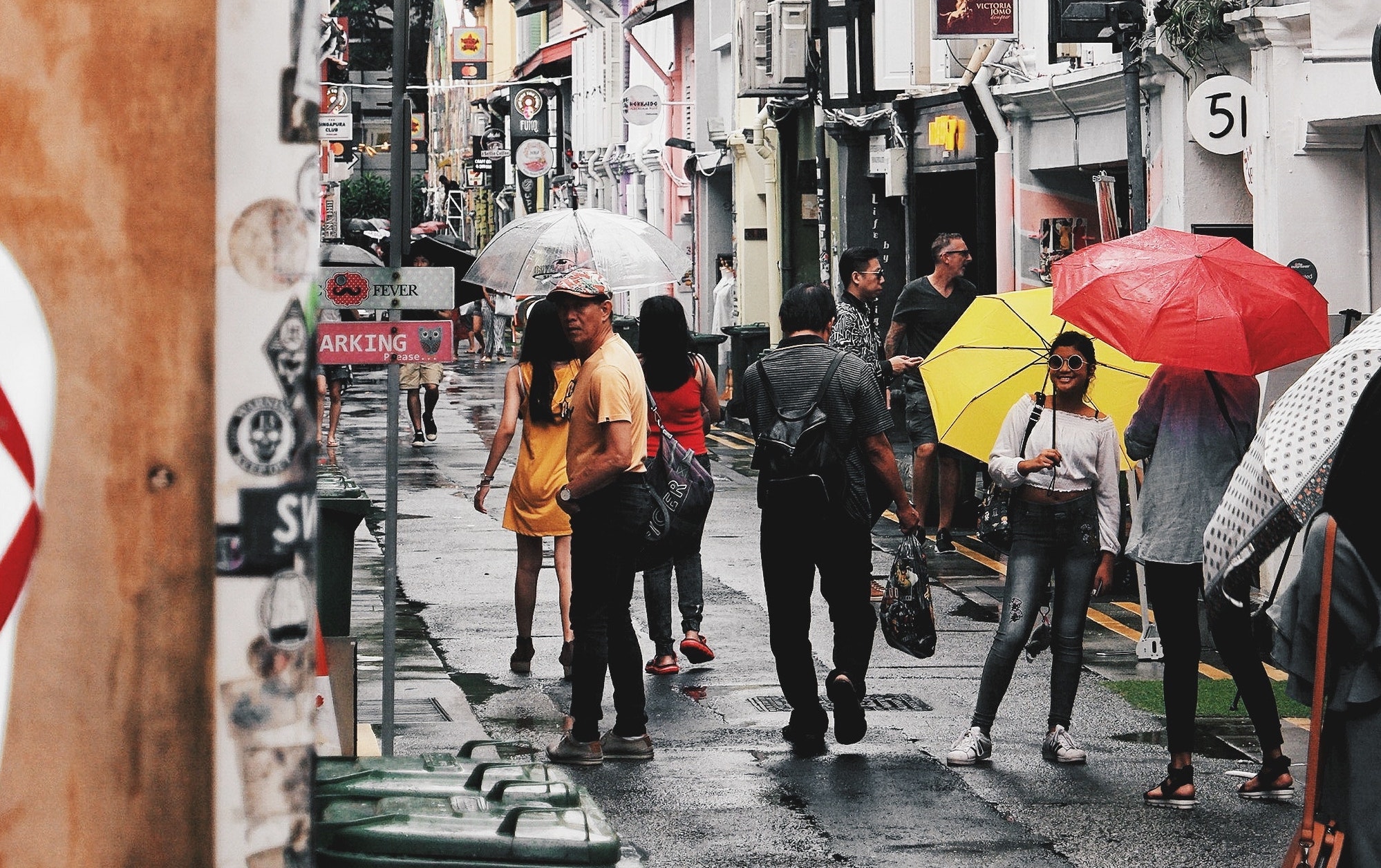Indeed, ever since everyone collectively agreed that your generation was trash, writers have been relentlessly taking potshots at you guys from behind their computer screens.
Thanks to your constant job-hopping and complaints about hard work, they’ve called you entitled. You’ve been labelled the ‘me me me’ generation for your narcissistic tendencies. Everything—from how you’re always tired to your weird obsession with plants—has been carefully analysed and then criticised.
In a survey done by Milieu, an independent, Singapore-based research company, it was found that many of you gave extremely individualistic answers (not enough money, high cost of living, career dissatisfaction, etc) to questions that aimed to uncover why millennials are dissatisfied with life in Singapore.
Which is strange. You say you care about the world, and yet it seems when no one’s watching, you’re really only concerned about yourself.
Is this an accurate characterisation of your (our) generation?

In Milieu’s survey, roughly 17% of respondents aged 16 to 29 indicated that they were either somewhat unsatisfied, unsatisfied, or very unsatisfied with their quality of life at the moment. They attributed this to tight finances; phrases such as “no money” and “high cost of living” regularly popped up.
This sounds individualistic, but it’s not all negative—at least not in the way you might assume.
Take the experience of 21-year-old Stacy Chua. To her, these answers come as no surprise. She is all for supporting causes she believes in, but other than signing online petitions or joining Facebook groups, Stacy admits she hasn’t had the time to do more.
As a university student, her life revolves around family, school, and internships. Whatever free time she has is spent hanging out with friends. This naturally requires money—money she can’t afford spending too often since her main source of ‘income’ is the allowance she gets from her parents.
While she has prioritised being financially independent for the time being, she has no plans to remain apathetic about the issues that matter to her generation. But like the phrase we often hear on airplanes— “Put your oxygen mask on first before helping others”—she wants to ease the burden off her parents before giving back to the community.
In fact, almost all of her peers feel the same way.
A couple of years older is Catherine Pang, 27.
An accounts executive in a marketing firm, Catherine spends her day dealing with clients and different creative agencies. Like any millennial in the workforce, she is usually drained after a day at the office.
Despite her hectic schedule, however, she does what she can to save the planet. This includes bringing her own bags when she goes grocery shopping and avoiding single-use plastic items, amongst other efforts—none of which sound like highly individualistic behaviour.
But similar to Stacy, she also has bigger, personal issues to think about. She and her boyfriend are thinking of tying the knot, and are currently in the midst of figuring out the logistics of a future life together. Between working out investment opportunities, living arrangements, and everything else, Catherine doesn’t dedicate as much time to the greater good as she would like.

With a stable job that pays well, a happy marriage, and parents spending their sunset years travelling the world, Bryan’s life is one that many younger millennials covet.
He’s comfortable—which is also what makes the situation so tricky.
Once millennials get a taste of the Singaporean definition of success, they find themselves wanting more. A nicer car. A bigger house.
He too used to be just like that until a year ago, when his wife gave birth to their daughter.
“This is gonna sound extremely lame and cliché but when you have kids, you start thinking about the kind of world you want them to grow up in. My perspective on a lot of things changed and I started looking even further down the road because it wasn’t just about me anymore,” he says.
To prove his point, Bryan refers me to the Life Beyond Grades initiative, which he thinks might’ve indirectly brought about the implementation of subject-based banding in lieu of streaming in schools. He tells me that it’s always been heartening to see fellow Singaporeans band together and discuss the future—not just for themselves, but for others too.
That said, if he wasn’t a father, he admits he wouldn’t have paid much attention since it wouldn’t have affected him as personally.
Now, he understands why it’s so important for everyone to express their opinions and determine the kind of society they want to live in—we need to have that vision for the Singapore of the future.

For one, they tell us that it is possible to realise the need to do good—and that on some level, we already do.
We’ve seen how student activists in universities are already speaking out and encouraging their peers to take a stand on a myriad of issues; to voice their opinions on politics. We saw this in a recent case of sexual voyeurism, where students banded together, pushing their school to organise a town hall to hear their views.
We saw this last year when a significant number of Singaporeans were galvanised to think more deeply about social inequality in the wake of Teo You Yenn’s This is What Inequality Looks Like, and CNA’s Regardless of Class.
We continue to see this in how millennials are more informed about climate change than any other generation.
In other words, the conversation about what we want Singapore to look like in the future has already begun. We just need to keep this going. And at some point, merely talking about it won’t be enough.
This is why it’s also important that individuals like Stacy and Catherine realise that helping society doesn’t always require money, or specifically setting aside blocks of time. By even considering what they want the future of Singapore to look like, or standing up for a marginalised community when a friend says something insensitive, they’re already headed in the right direction.
If there’s anything we do need to worry about, it’s the 16.8% of Singaporeans in Milieu’s survey who said that they’re doing nothing when it comes to working to change their own life or society at the moment. Second place went to “Studying” with 4.2% of the vote.
And we can’t help but wonder: why?
Well, in the spirit of keeping the conversation going, a civic participation platform, YoCo, run by the National Youth Council encourages all millennials to partake in a more in-depth discussion of issues they care about. And they can do so by airing their views on YoCo.
Have something to say about this story? Tell us at community@ricemedia.co.






